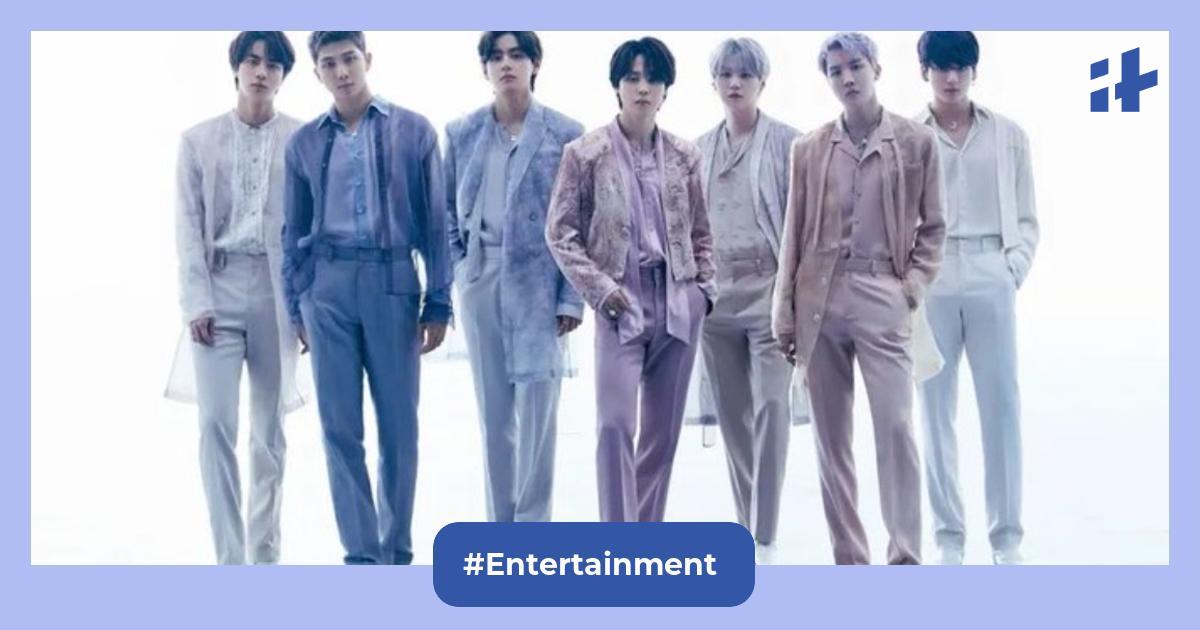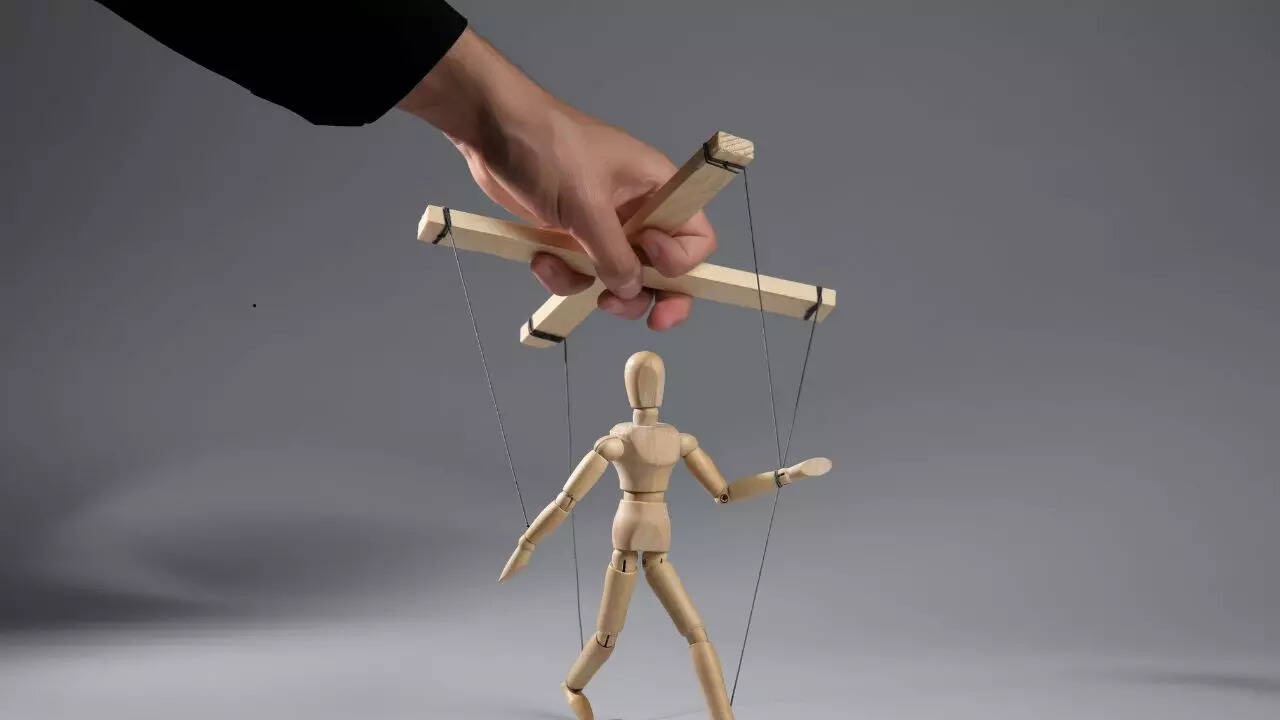
In a world that constantly tells us to "stay positive" and "move on," we often end up silencing some of our most important emotional signals. Emotions are not roadblocks to be avoided, they are messengers that guide, inform, and protect us.
When we suppress them, especially the ones society often deems “negative,” we unknowingly sabotage our own mental and emotional well-being.According to psychologists, there are three core emotions that people commonly repress: anger, jealousy, and regret. While they may be uncomfortable, they carry crucial insights that can push us toward growth, clarity, and fulfillment. Let’s explore how these emotions work and why you should start listening to them instead of pushing them away.
Anger: The guardian of your boundaries
Anger is often seen as a destructive emotion. Many people associate it with aggression, shouting, or lashing out. But in its true essence, anger isn’t about violence, it’s about value.Psychologists say that anger surfaces when we encounter something that feels unjust, unfair, or in violation of our boundaries. It is an emotional alarm system telling you, “This matters. This isn’t okay.” Ignoring anger doesn’t make the issue disappear.
In fact, repressed anger often leads to resentment, passive aggression, and chronic stress.

The key is to channel anger in a constructive manner. Instead of projecting it outward, pause and ask yourself:
- What value of mine feels threatened?
- What boundary has been crossed?
- What needs to change for me to feel safe or respected again?
When approached with awareness, anger can fuel assertiveness, problem-solving, and personal empowerment. It becomes a compass pointing you toward what truly matters in your life.
Jealousy: A map to your desires
Jealousy and envy are emotions that often lead people to feel guilty. We’re often taught that it’s wrong to covet what others have. But what if envy was just a clue to your unspoken desires?Psychologists suggest that jealousy is a mirror, revealing what you yearn for but haven’t acknowledged. Maybe you envy someone’s career, lifestyle, or confidence. Instead of judging yourself or others, dig deeper and ask:
- What does this person have that I wish I had?
- What part of me is craving something more?
- Can this jealousy be turned into inspiration?
The goal isn’t to let jealousy consume you, but to use it as a tool for self-awareness.
Once you decode the desire beneath the envy, you can start setting goals to get closer to it. Jealousy, then, becomes a signpost, not a shameful secret.

Regret: Your past points to the present
Regret is a heavy emotion. It’s often linked with missed chances, past mistakes, and painful memories. Many people try to bury their regrets, hoping time will heal everything. But according to psychologists, regret is not meant to punish you, it’s meant to teach and guide you.When you feel regret, it’s usually because your current values don’t align with a past decision. That discomfort is actually clarity in disguise. Regret tells you, “Now you know better. Do better.”Ask yourself:
- What would I do differently if I had the chance?
- What lesson is this regret trying to teach me?
- How can I use this insight to make better choices now?
Instead of getting stuck in the past, use regret to fuel present-day change. Make the apology. Take the risk. Say the thing you didn’t say before. Regret only becomes harmful when we let it freeze us; otherwise, it can be a powerful motivator for living a more authentic life.
Embrace, don’t erase
Suppressing emotions might seem easier in the short term, but it only pushes the problem deeper. Anger, jealousy, and regret aren't flaws in your personality. They're features of your inner guidance system. When handled mindfully, they become tools for growth, clarity, and connection.Instead of asking “How do I get rid of this feeling?”, start asking “What is this feeling trying to tell me?” The moment you begin to listen to your emotions with curiosity instead of judgment, everything changes. You step into a more empowered, emotionally intelligent version of yourself. So, the next time anger rises, jealousy sneaks in, or regret whispers at night, pause. Breathe. Listen. Your emotions are not the enemy.
They’re the beginning of transformation.

 1 day ago
41
1 day ago
41




























 English (US)
English (US)